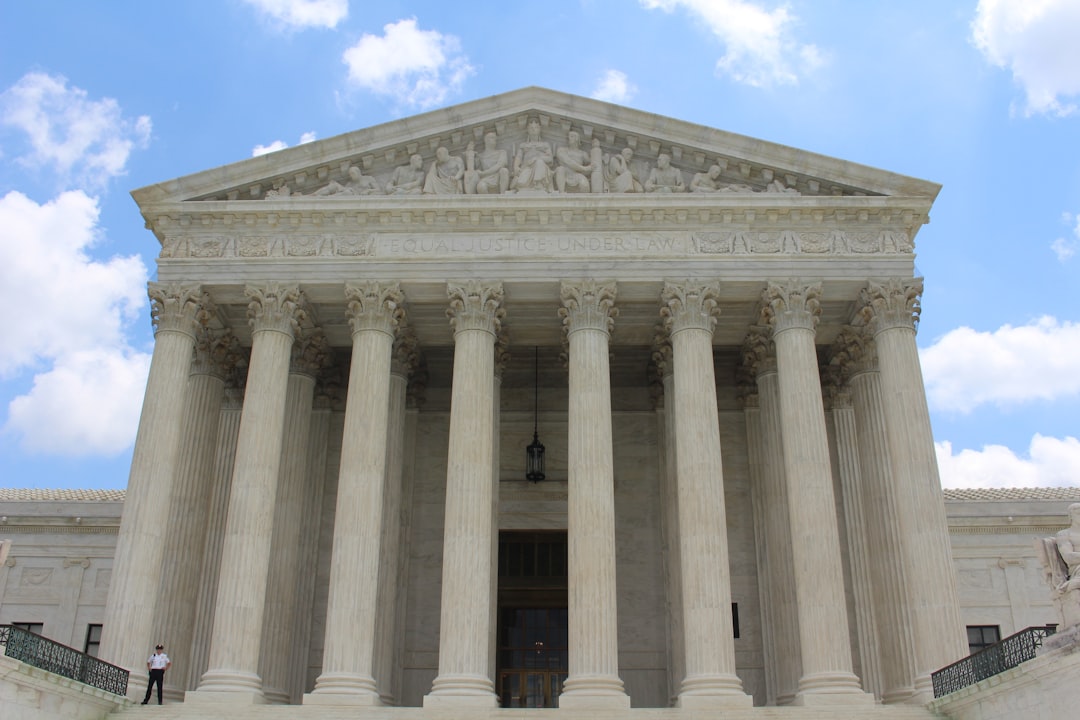Sometimes Winsomeness Wins
A lesson for evangelicals from the fall of Roe v. Wade
It has sometimes been observed that the most vocal critics of a particular idea tend to have benefited from inheriting it in some way. For example, the young student who becomes a radical socialist usually waits until after his parent’s tuition money has unlocked a liberal education at a choice, perhaps even private university. The ex-Christian who turn…



